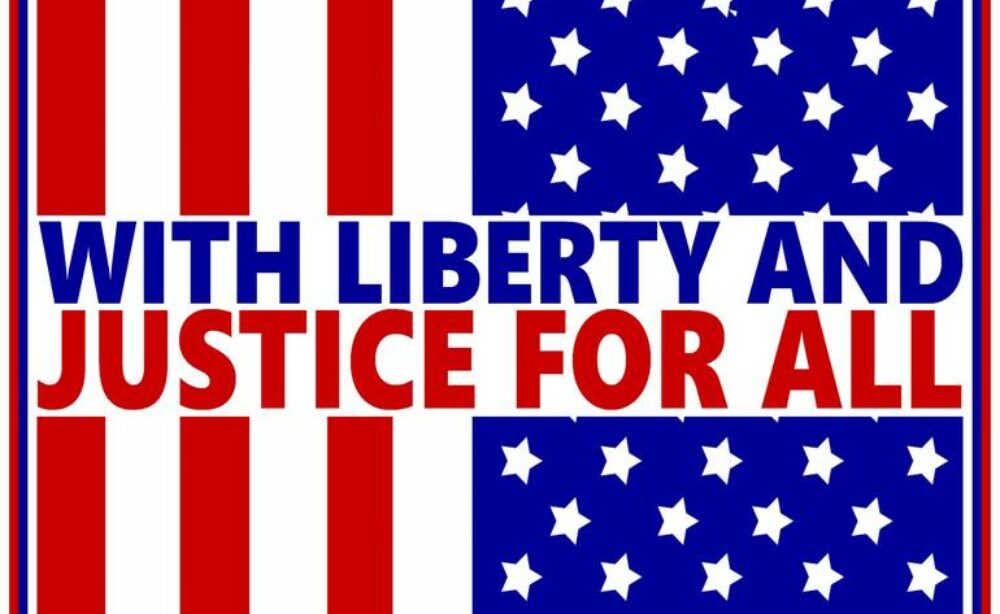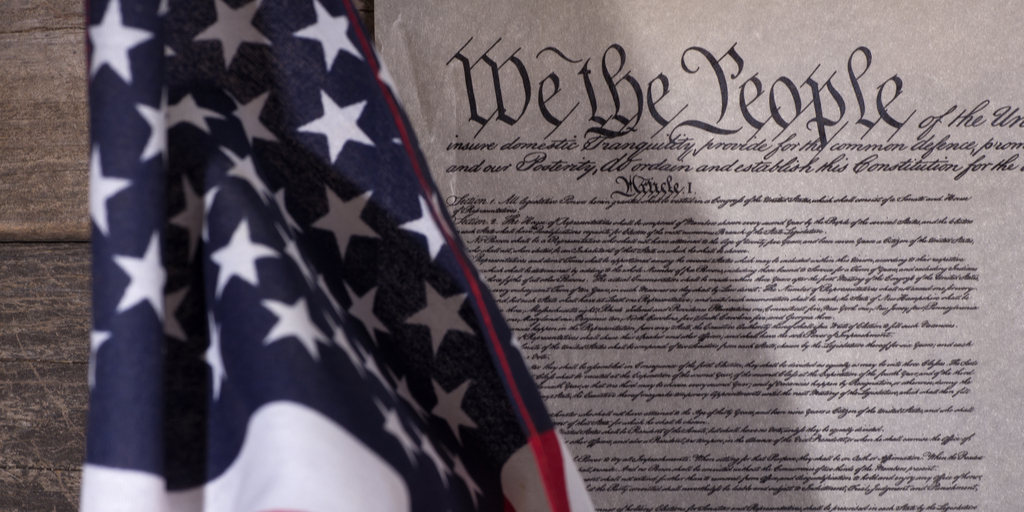Table of Contents
Introduction American Citizen Rights:
American citizen rights are the cornerstone of our democracy, ensuring that individuals are afforded essential freedoms and protections under the United States Constitution. From the freedom of speech to the right to a fair trial, these constitutional guarantees empower citizens to participate fully in society and hold their government accountable. In this comprehensive guide, we will explore the breadth and depth of American citizen rights, equipping you with the knowledge and tools necessary to navigate the complexities of our legal system and advocate effectively for your rights.
Overview of American Citizen Rights
American citizen rights encompass a wide range of protections guaranteed by the Constitution, including civil liberties, political rights, and legal protections. These rights are outlined in various amendments to the Constitution, such as the First Amendment, which guarantees freedom of speech, religion, assembly, and the press. Additionally, the Fifth and Fourteenth Amendments protect citizens’ rights to due process and equal protection under the law.
Throughout American history, citizen rights have evolved through amendments to the Constitution and landmark Supreme Court decisions. For example, the Civil Rights Act of 1964 and the Voting Rights Act of 1965 expanded civil rights protections and abolished discriminatory voting practices. Understanding the historical context of citizen rights is essential for appreciating the progress made and the ongoing challenges in ensuring equality and justice for all Americans.
To ensure that citizen rights are upheld and protected, it’s important for individuals to stay informed about their rights and to actively engage in civic life. This includes participating in elections, advocating for policy changes, and supporting organizations that work to defend civil liberties and promote social justice. By understanding and exercising your rights as an American citizen, you contribute to the strength and vitality of our democracy.
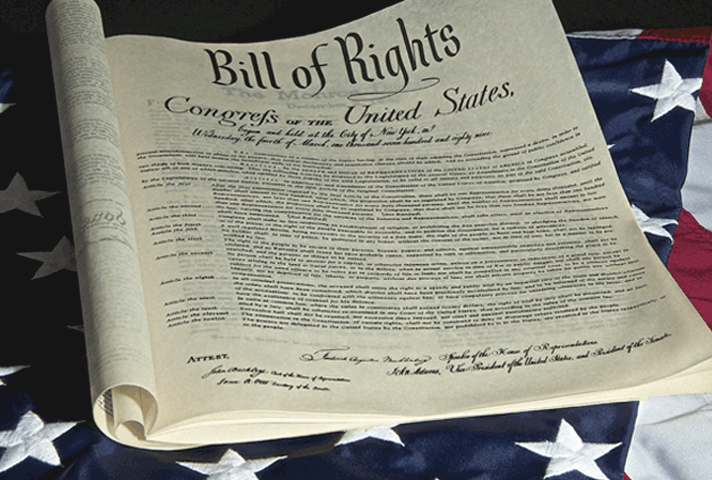
Civil Rights and Liberties
Civil rights and liberties are fundamental to the American experience, ensuring that individuals are treated equally and have the freedom to express themselves and pursue their beliefs. The First Amendment guarantees several essential civil liberties, including freedom of speech, which allows individuals to express their opinions without fear of government censorship or retaliation. Freedom of religion ensures that individuals have the right to practice their faith or to abstain from religious beliefs without interference from the government.
Beyond the First Amendment, civil rights protections also encompass the right to due process and equal protection under the law, as outlined in the Fifth and Fourteenth Amendments. These provisions ensure that individuals are afforded fair treatment in legal proceedings and are protected from discrimination based on race, gender, religion, or other characteristics. Civil rights laws, such as the Civil Rights Act of 1964, further strengthen these protections and prohibit discriminatory practices in employment, housing, and public accommodations.
The fight for civil rights in America has been a long and ongoing struggle, marked by significant milestones such as the abolition of slavery, the women’s suffrage movement, and the civil rights movement of the 1960s. Despite progress, challenges remain in achieving full equality and justice for all Americans. It’s essential for individuals to continue advocating for civil rights protections and to stand up against discrimination and injustice in all its forms.
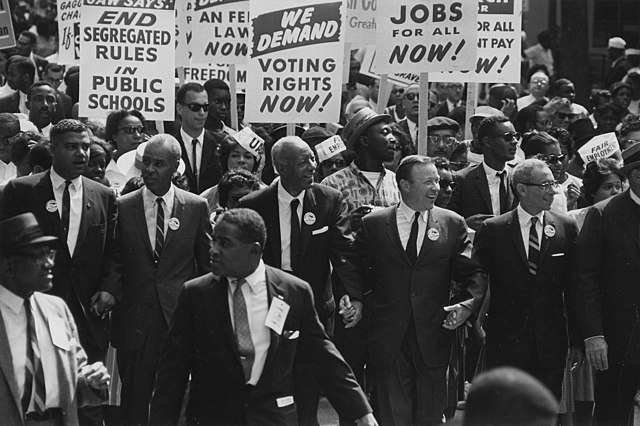
Political Rights and Participation
Political rights and participation are essential components of American citizenship, empowering individuals to have a voice in the democratic process and shape the direction of their communities and nation. The right to vote is one of the most fundamental political rights guaranteed to American citizens, allowing them to elect representatives who will advocate for their interests and values. Voting is not only a right but also a civic duty, ensuring that government is accountable to the people it serves.
Throughout American history, access to political rights and participation has been a contested issue, with efforts to suppress voting rights and disenfranchise marginalized communities. The struggle for voting rights has been a central theme in the fight for civil rights, culminating in the passage of landmark legislation such as the Voting Rights Act of 1965, which aimed to eliminate discriminatory voting practices and ensure equal access to the ballot box.
In addition to voting, political participation also encompasses activities such as grassroots organizing, advocacy, and running for elected office. By engaging in these activities, individuals can influence policy decisions, hold elected officials accountable, and effect meaningful change in their communities. It’s essential for citizens to stay informed about political issues, participate in elections, and advocate for policies that align with their values and priorities.
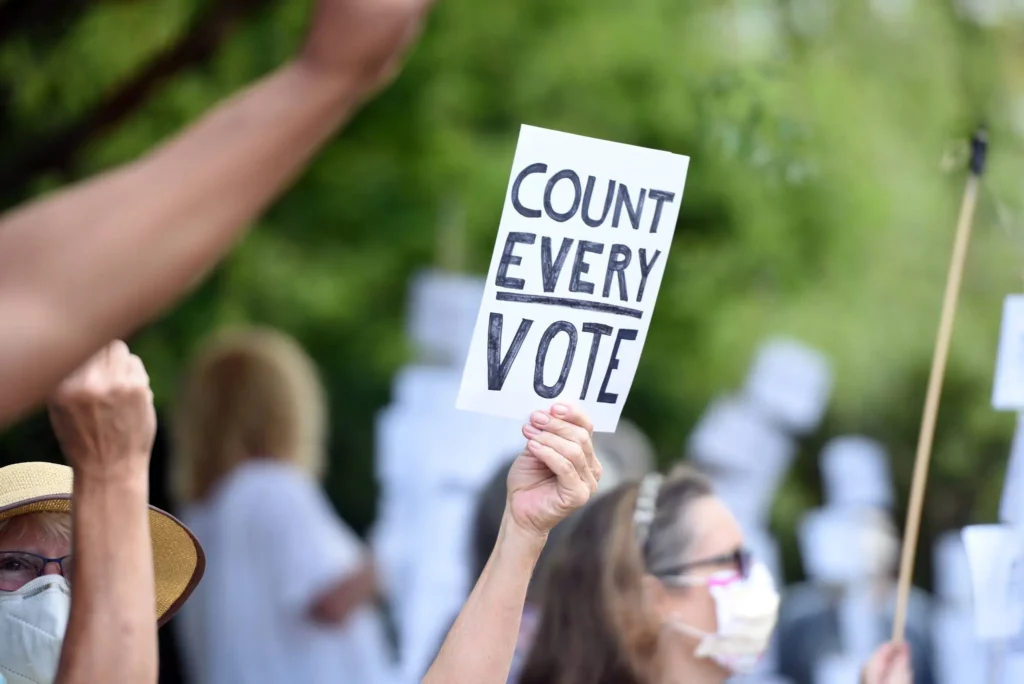
Legal Rights and Protections
American citizens are also afforded various legal rights and protections to ensure fair treatment under the law and access to justice. One of the most fundamental legal rights is the right to a fair trial, guaranteed by the Sixth Amendment, which ensures that individuals accused of crimes have the opportunity to present their case before an impartial jury and receive legal representation. Additionally, the Fourth Amendment protects citizens from unreasonable searches and seizures by law enforcement and requires that warrants be issued based on probable cause.
Legal protections also extend to individuals facing discrimination or harassment in the workplace, housing, or public accommodations. Laws such as the Civil Rights Act of 1964 and the Americans with Disabilities Act prohibit discrimination based on race, gender, religion, disability, or other protected characteristics. These laws provide avenues for individuals to seek recourse and remedies if their rights are violated.
Access to legal assistance is crucial for ensuring that citizens can effectively defend their rights and navigate the legal system. Organizations such as the American Civil Liberties Union (ACLU) and legal aid societies provide free or low-cost legal services to individuals facing civil rights violations or other legal challenges. By advocating for equal access to justice and supporting organizations that provide legal assistance, citizens can help ensure that all individuals receive fair treatment under the law.
Conclusion:
In conclusion, understanding American citizen rights is essential for preserving democracy, promoting equality, and protecting individual liberties. By familiarizing yourself with your rights and actively participating in civic life, you contribute to the strength and vitality of our democratic society. Whether exercising your right to vote, advocating for civil rights and liberties, or seeking legal assistance when needed, your actions can make a difference in upholding the principles of freedom, equality, and justice for all.
Call to Action: As you reflect on the rights and protections afforded to American citizens, consider how you can take action to defend and promote these fundamental principles. Educate yourself about your rights, participate in civic activities, and support organizations that work to protect civil liberties and promote social justice. Together, we can uphold the ideals of democracy and ensure that American citizen rights are preserved for future generations.

